China has made undeniable human rights progress in the past five years, Chinese scholars and experts said despite some Western anti-China forces constantly sensationalizing news and pressuring the United Nations Human Rights Council (UNHRC) before and during the evaluation on China's human rights record.
On Tuesday, the UNHRC officially started a Universal Periodic Review (UPR) on China's human rights record for the fourth time. The UPR is a peer review of the human rights records of all 193 UN Member States. China is among the 14 states to be reviewed by the UPR Working Group during its session from Monday to February 2.
Since its first meeting in April 2008, all 193 UN Member States have been reviewed three times. The previous three UPR reviews of China took place in February 2009, October 2013, and November 2018.
The UPR Working Group is comprised of the 47 Member States of the Human Rights Council. However, each of the 193 UN Member States can participate in a country review, according to the UNHRC.
China has made positive contributions to global human rights governance in the past five years after its last UPR, experts told the Global Times.
Chang Jian, director of the Center for the Study of Human Rights at Nankai University, said that since the last review, China's ranking in the UN Human Development Index has continued to rise, demonstrating the advantages of China's modernization and human rights development paths.
In the past five years, the human rights cause in China has made remarkable progress, particularly in the areas of poverty alleviation and the successful fight against the COVID-19 pandemic, Mao Junxiang, executive director of the Human Rights Center of Central South University, told the Global Times on Tuesday.
In addition, China has put forward three major initiatives on human rights, proposing to build a more just, fair, and inclusive global human rights governance system, contributing Chinese wisdom to global human rights governance, Mao noted.
"China's development-oriented human rights concept, compared to the Western liberal-based human rights perspective, is more inclusive and more in line with the current needs of global human rights governance."
To respect the diversity of civilizations is an inevitable requirement for advancing the cause of human rights, he said.
The review meeting once again demonstrates China's global influence and the attention and expectations of the international community toward China, Dai Ruijun, a researcher with the Institute of International Law at the Chinese Academy of Social Sciences, told the Global Times after Tuesday morning's meeting in Geneva.
During the review process, compared to the previous day's review of other countries, the meeting room was packed, and many members of the public who wanted to observe the proceedings were unable to enter due to lack of space, Dai said. During the review, most countries affirmed the efforts made by the Chinese government since the last review cycle to prioritize the people, promote the rights of all Chinese citizens, and put forward a large number of constructive suggestions for further improving human rights protection in China.
Dai noted at the same time that the meeting has seen a few countries, such as the US, continue to make unfounded accusations regarding China's Xinjiang, Xizang, and Hong Kong, pushing the UN human rights review toward politicization. "We hope that the review process can adhere to its original intention of rejecting selectivity, politicization, and double standards, and truly become a platform for countries to share good practices in human rights protection," he told the Global Times.
Inside and outside the conference site, the Global Times reporter noticed that overseas separatist forces and anti-China organizations were eager to infiltrate the venue, form alliances, and organize side meetings to conduct anti-China propaganda. This is also the latest part of Western anti-China forces' ongoing hype and pressure on the UPR concerning China.
The hype generated by Western countries during the UPR is a reflection of their "human rights diplomacy," as well as a typical tactic of politicizing human rights, Mao told the Global Times. "It violates the principles of universality, objectivity, non-selectivity, and non-politicization that the UPR mechanism upholds."
Mao urged that countries should engage in sincere dialogue, exchange experiences, and promote the progress of human rights through the UPR, so as to contribute to the advancement of human rights worldwide.
The UPR is an important platform for countries to engage in equal and candid dialogue and cooperation on human rights issues within the framework of the UN, said Chinese Foreign Ministry spokesperson Wang Wenbin on Tuesday.
China adheres to a people-centered human rights concept, insisting that the greatest human right is people's happy and fulfilling life, Wang said during a regular news conference. China has embarked on a path of human rights development that is in line with the trend of the times and suitable for its national conditions, and has achieved historic accomplishments in the field of human rights. The people's sense of gain, happiness, and security continues to increase, he noted.
The spokesperson stressed that the Chinese government attaches great importance to the review process and will participate in it with an open and candid attitude, engaging in exchanges and mutual learning with all parties to make progress together. We hope that all parties can adhere to the principles of the country-specific human rights review mechanism, constructive dialogue, and non-politicization when participating in the review, Wang said.








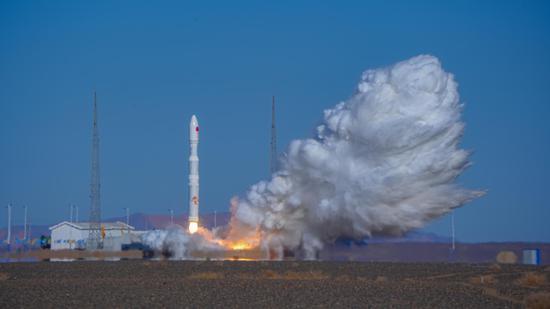


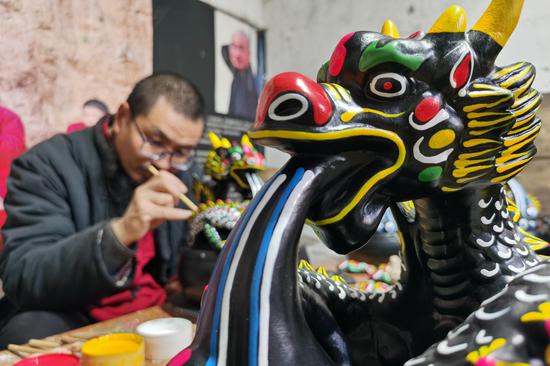

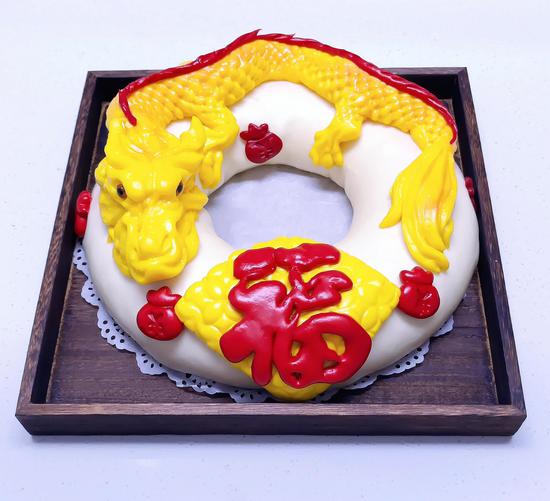
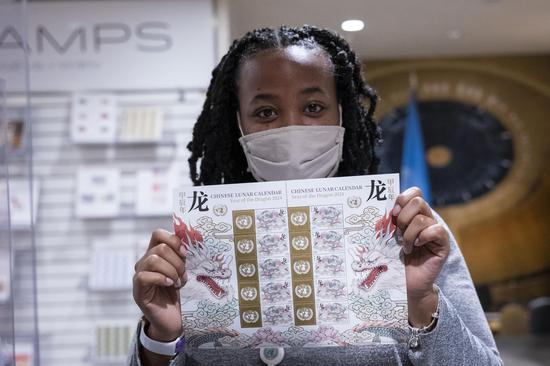



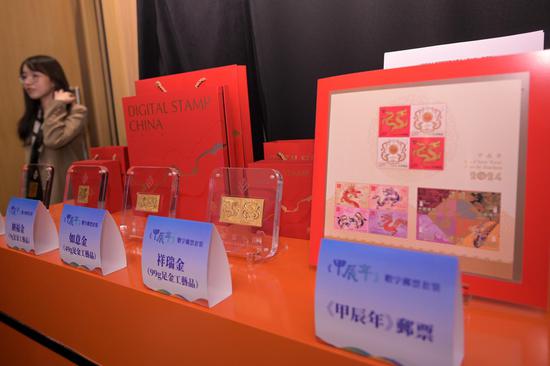
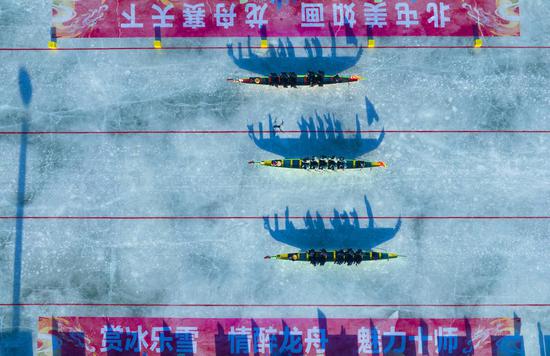

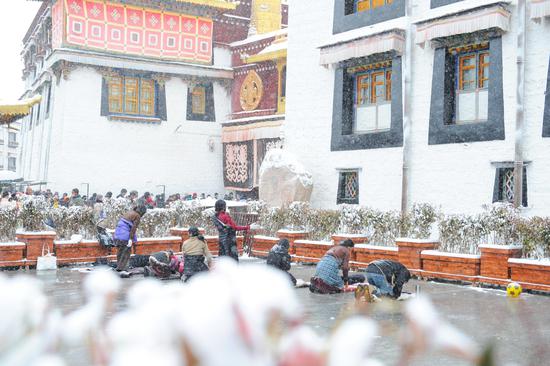

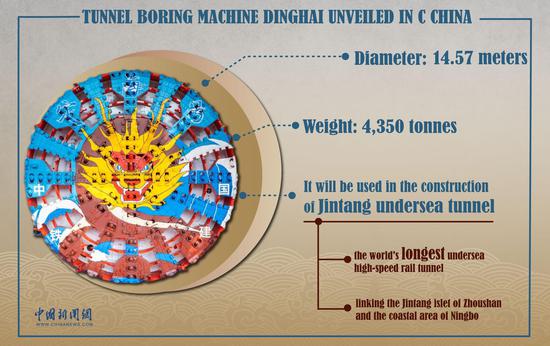
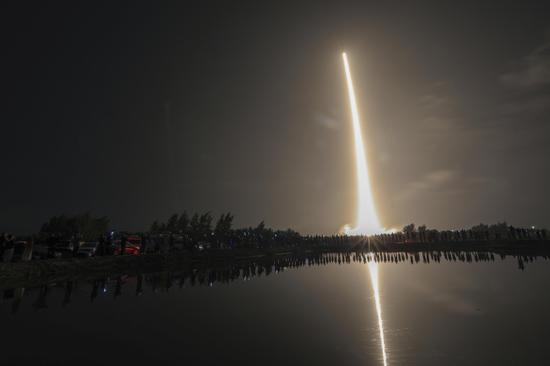
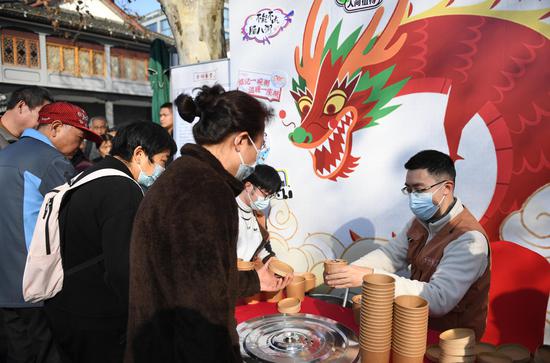



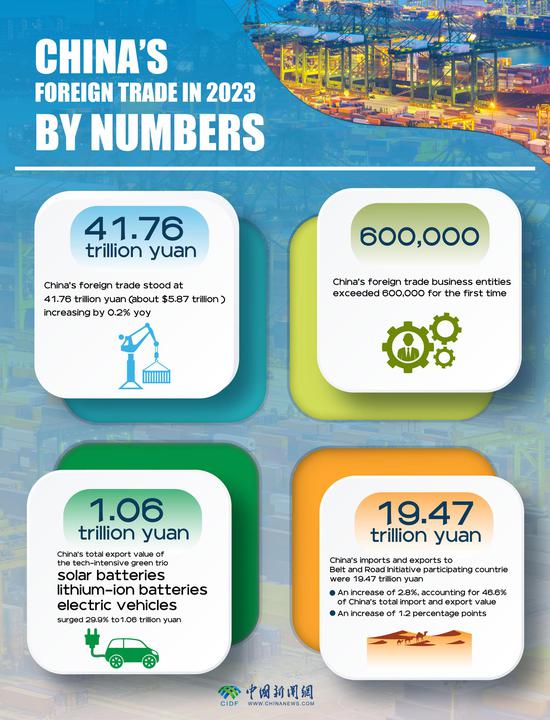

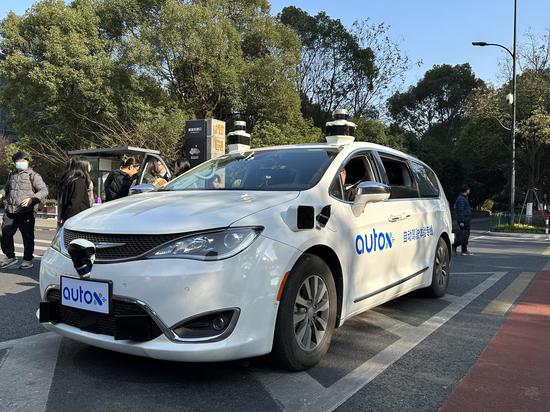
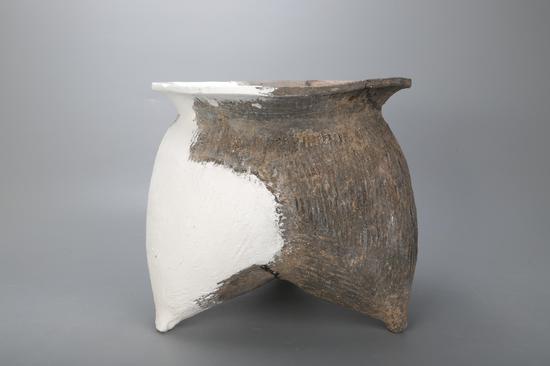





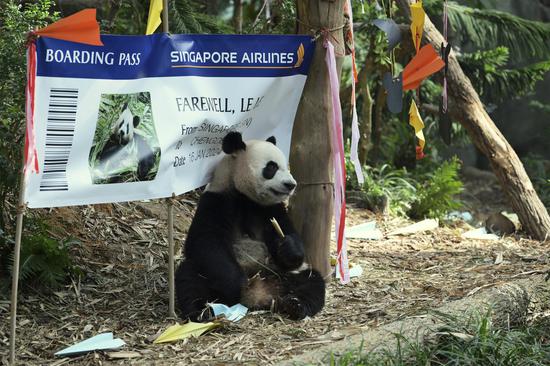
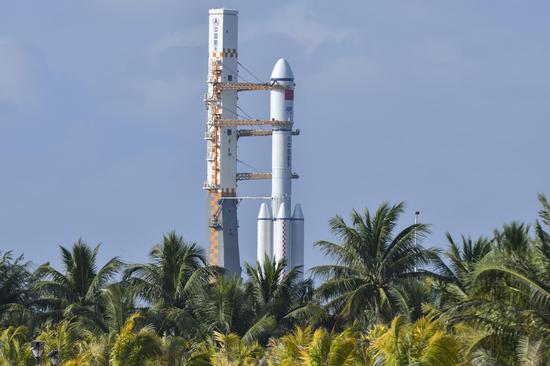

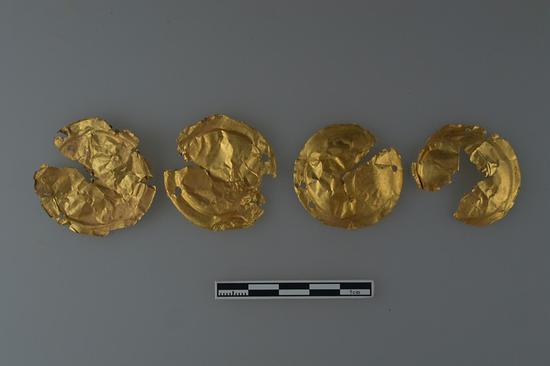
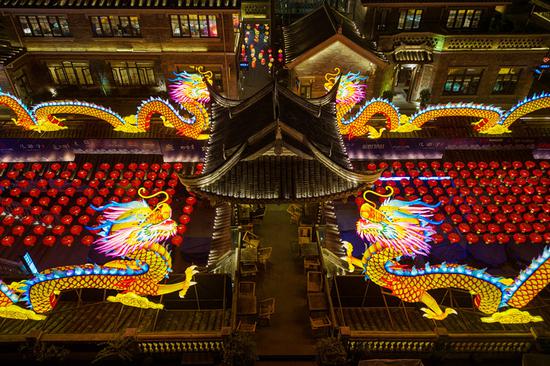







 京公网安备 11010202009201号
京公网安备 11010202009201号